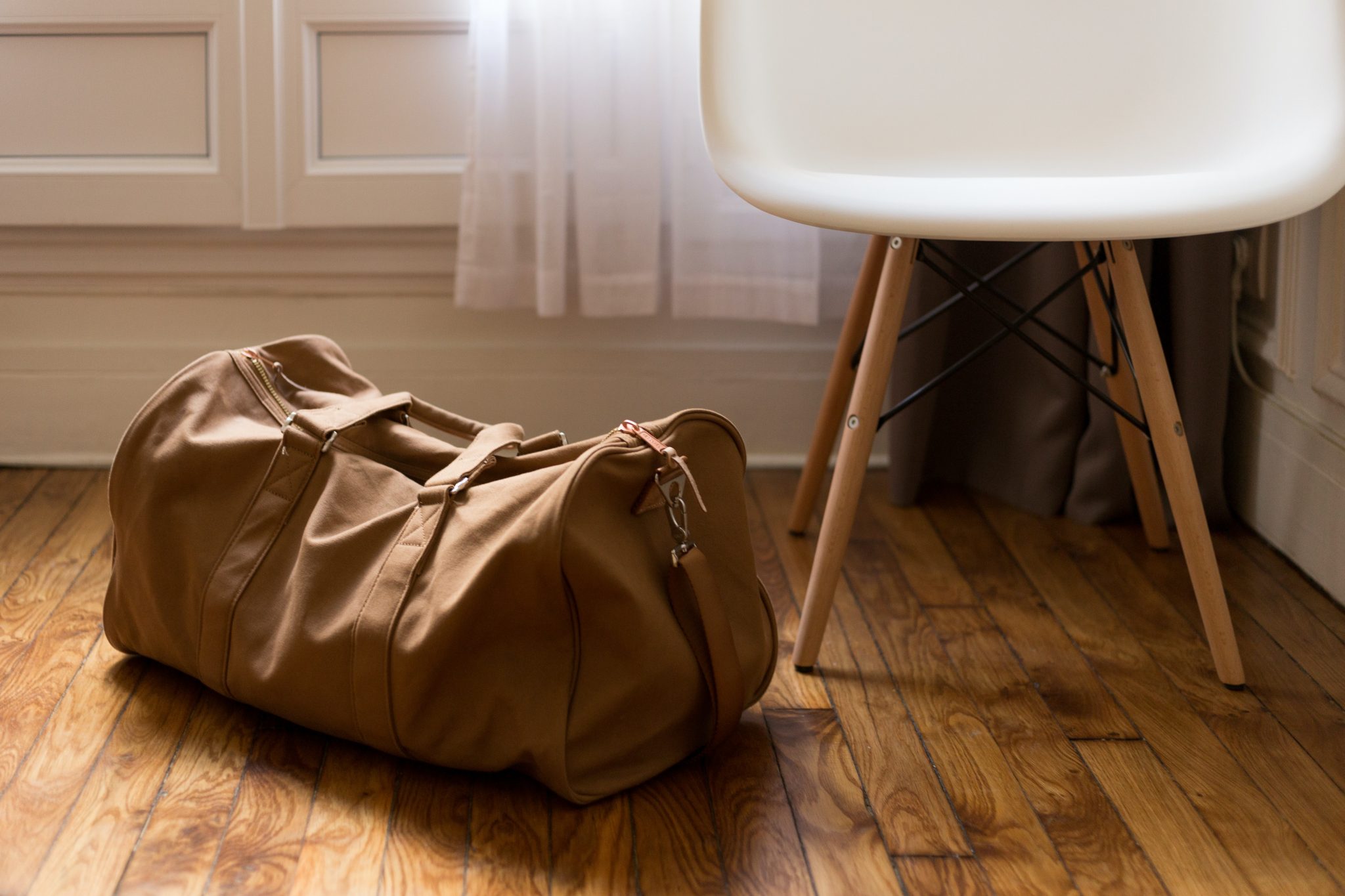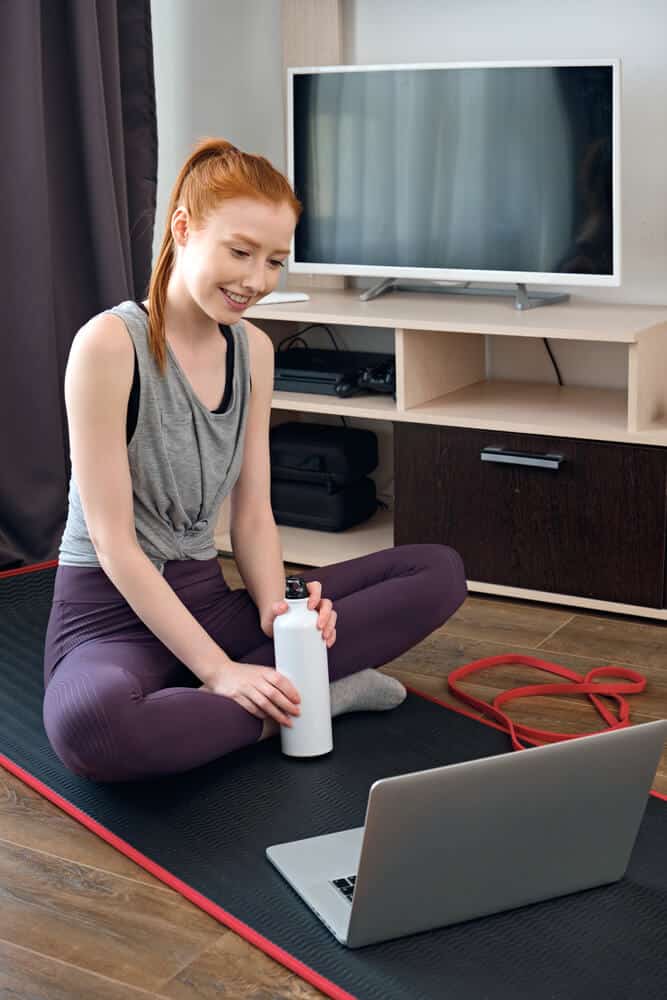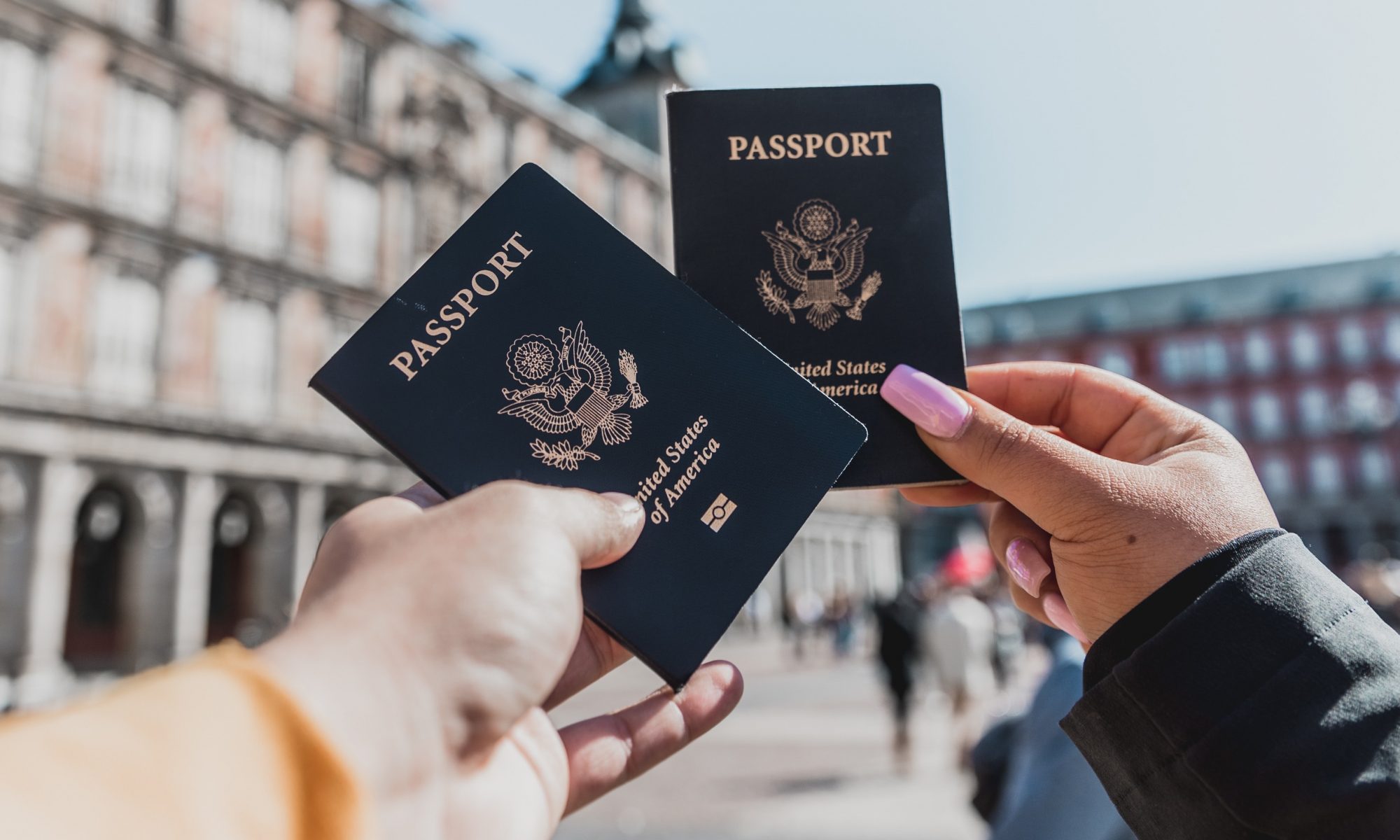Whether it’s your first, only or last child, whether they are moving away or staying near to you, HomeHak has put together a guide to help you with your children heading to university. Read more to find your tips for parents guide of students starting university in Ireland.
Help them to prepare
Set your student up for university. It can feel like there is so much to consider even before your child’s departure to university. It may be their first time living independently so it is important that they grasp the basics of living away from home. Tips for parents include start by giving them a few cooking demonstrations in the kitchen. Make sure to stick to easy recipes. Show them how a washing machine works and the differences between detergent, fabric softener etc. Try and implement these learning lessons sooner rather than later so they can learn as they go.

Stay-at-home students
Just because your child isn’t going away to study doesn’t mean you can’t teach them to live independently. It is easy to forget that they are a university student now so they will be itching for freedom so make sure to give them their space. To avoid worry when your child is going out, communicate that they send a text letting you know if they will be home or not. Remember, it’s still ok to set boundaries and clear rules for them letting you know their whereabouts.
Budgeting
This is super important, even for live at home students. In some cases, students may be eligible for student grants or bursary (check out this article for more information on eligibility). A student living at home should be aiming to work on average 10 hours of work a week and should avoid excessive term-job work hours. Remember, the child is at university to study, make memories and meet new friends.
After they have gone tips for parents
You may be feeling an abundance of emotions and this is completely normal. For them, the nerves will quickly fade as they are caught up in freshers/welcome week activities and their course gets underway. You might find that you find the transition harder than they do. A new student is embarking on the beginning of an adventure where as for you, it’s an ending. Be prepared for the time it might take for you to adjust.
Support your child through their exams
University is filled with new and enjoyable experiences, but exams and deadlines can make it a challenging time too. Exams can be a stressful time for any young person, especially when they are having to balance this with the pressures of living independently too.
Here are a few ways to help your child gain some extra headspace during this time
- Encourage them to take regular revision breaks and find a balance between studying and doing things they find enjoyable and relaxing.
- Check in with them regularly and encourage them to eat and drink at regular intervals.
- Reassure them and let them know that you are proud of them whatever the outcome.
It’s not forever
Whether your child is home at the weekend or you don’t see them again until Christmas, know that it is only temporary. Your child will be back in the same bedroom and abandoning clothes in the same place, but they’ll have moved on and grown up in subtle ways. Try to enjoy watching these changes, as you did when they were small. You too are the same person but will have moved on as well, so embrace it.
Keep in touch
Try to keep contact. Figure out what works best for you. A simple daily text message, a weekly phone call or whatever it may be. This helps to maintain your relationship and keeps you updated on their exciting adventures through university.
To Summarise
It can be a mixture of emotions, a time of celebration and anticipation. How will they manage without you? How will you manage without them, more to the point? We hope with these tips that you will find excitement in your child’s move and be there to support them every step of the way! We hope you enjoyed reading our tips for parents guide of Students starting University in Ireland!
For more parent guides, check out our other articles you might be intersted in:








